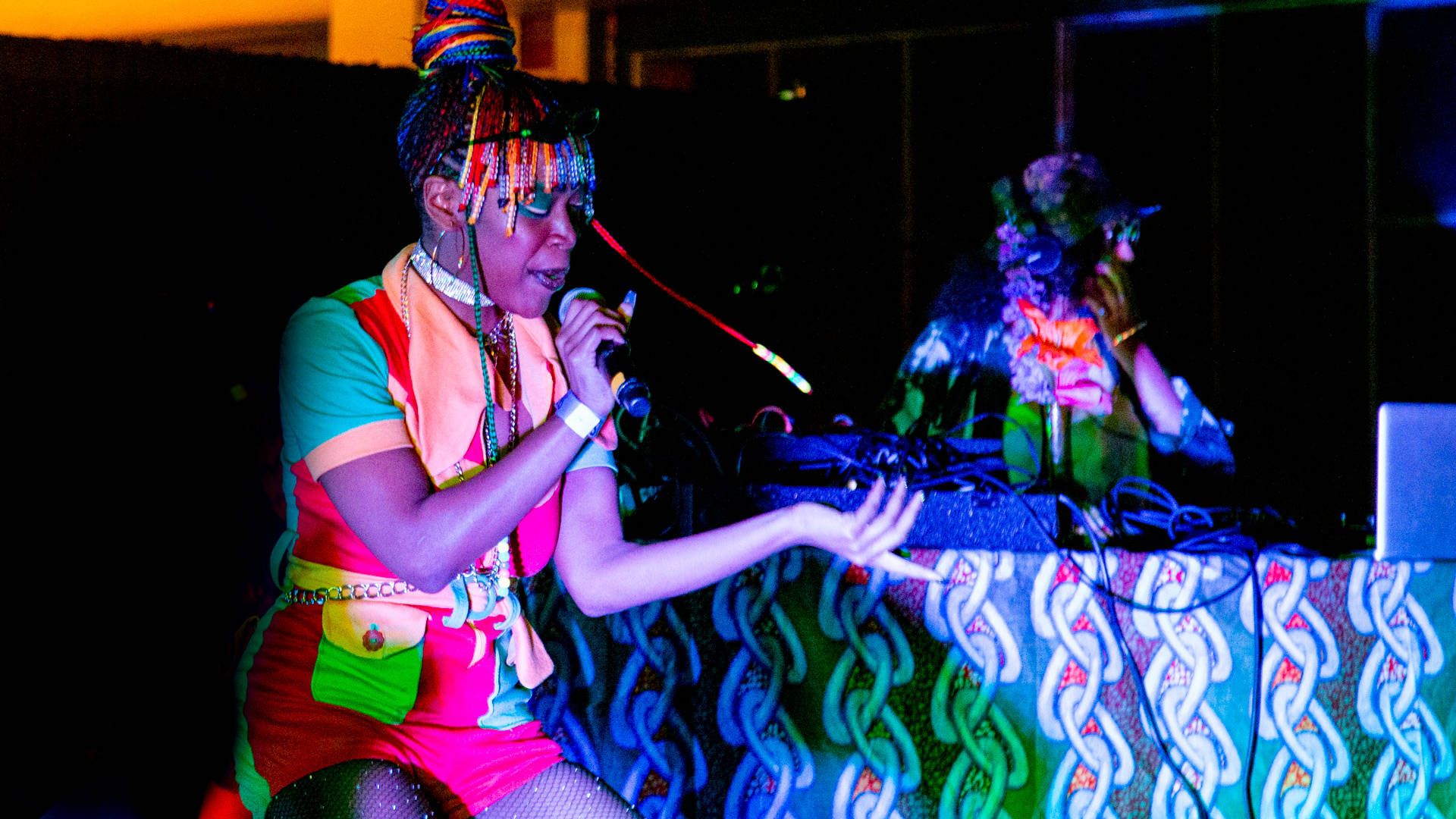“I-I-I like bad bitches who be ragin’,” Rico Nasty half-raps, half-roars on “Rage,” the penultimate track of her 2018 release, Nasty. The album’s lead single brims with nu-metal influence and the screamo flow of Trap Lavigne—Rico Nasty’s punk alter ego—solidifying Nasty‘s place as one of the hardest rap records of the year.
Rico’s unabashed confidence and inventive approach have earned her a young, diverse fan base, and, with her harsh, rambunctious style, she’s secured her place as one of the year’s strongest breakout artists. She was featured as one of Billboard’s 10 Hip-Hop and R&B Artists to Watch in 2018, landed a Fader cover story and played multiple sold-out shows on her nationwide Nasty tour. On Dec. 14, she’s slated to play the festival Rolling Loud Los Angeles alongside Cardi B, Lil Uzi Vert and other chart-topping artists.
And, in 2018, Rico wasn’t alone in her rise.
Right now, a critical mass of up-and-coming artists is transforming what it means to be a female rapper. With lyrics and aesthetics that break from the vixen archetype of predecessors like Lil Kim and Nicki Minaj, artists such as Rico Nasty, BbyMutha, Junglepussy, Princess Nokia, Tierra Whack and Leikeli47 represent a new wave of progressive, rebellious women injecting the masculine genre with a much-needed variety of perspectives and creative approaches.
Many of the year’s breakout artists veered away from how female rappers have historically approached sexuality. BbyMutha, for instance, released three tough-as-nails mixtapes that challenge the notion that a single mother of four can’t be sexy. When rapping about her bisexuality, the rapper refrains from pandering to the male gaze; rather, she portrays sexual encounters with both men and women as life experiences that have shaped her identity. Similarly, Junglepussy’s inner world as a narrator—not what she can do sexually for others—takes center stage on her album JP3, where sex is one aspect of a lifestyle that prioritizes JP’s pleasure and health.


